I began my “Truth Tuesday” series as an antidote to on-the-surface sharing within social media. If we only see people’s public faces—faces that appear happy, well-adjusted, and successful—we miss the real story, because we all struggle. Just as we feel love, happiness, and excitement, we equally feel sadness, doubt, and fear. None of us has all our sh&t together, and it’s helpful to hear this from other people. Our imperfections connect us as much as our successes.
While in academia, I often felt inadequate. I thought I failed my PhD comprehensive exams. After receiving a formal letter saying I passed (which is a big, awesome deal), I immediately wondered if they made a mistake. When I got tenure, instead of focusing on the positive, amazing student and colleague comments, I chewed on the few minor criticisms. I had earned tenure, but was I legitimate? This is the all-too-common “impostor syndrome.” Many of my colleagues felt the same way, though we didn’t talk about it. But here’s the deal: It’s helpful to talk about it. Not to ruminate on it or believe it, but to openly share doubts and fears. This connects us in important ways.
Just recently, I gathered with a group of talented, hard-working, gifted women. All of us in service careers, trying to help others. Through honest conversation we admitted how, at times, we feel like frauds. Who am I to teach mindfulness? I sometimes yell at my computer. I spend entire meditation sessions lost in thought. I still judge myself harshly. Academics or service workers, we all experience doubt. None of us has all our sh&t together.

I’ve learned something about doubt: If it speaks in an unkind way, it’s not to be listened to. There’s wise discernment: “This isn’t my strength, but it’s important for my career, so I’ll ask for help.” And there’s unhelpful, untrue doubt: “I’m a fraud and should quit.” When I feel safe to speak aloud my doubts, it’s easy to see whether they’re helpful or silly. If we share honestly, we feel less alone and better able to see our gifts or ask for help.
Who am I to teach mindfulness? I’m exactly the person, because I practice every day. When I scream at the computer, I step away and reconnect with myself. When I have busy mind, I still make time to meditate. When I judge myself, I try to apply self-compassion. I’m imperfect and in-process, and from this place, I connect more deeply with students, friends, and strangers.
PS: You can follow my "Truth Tuesday" series on Facebook.

